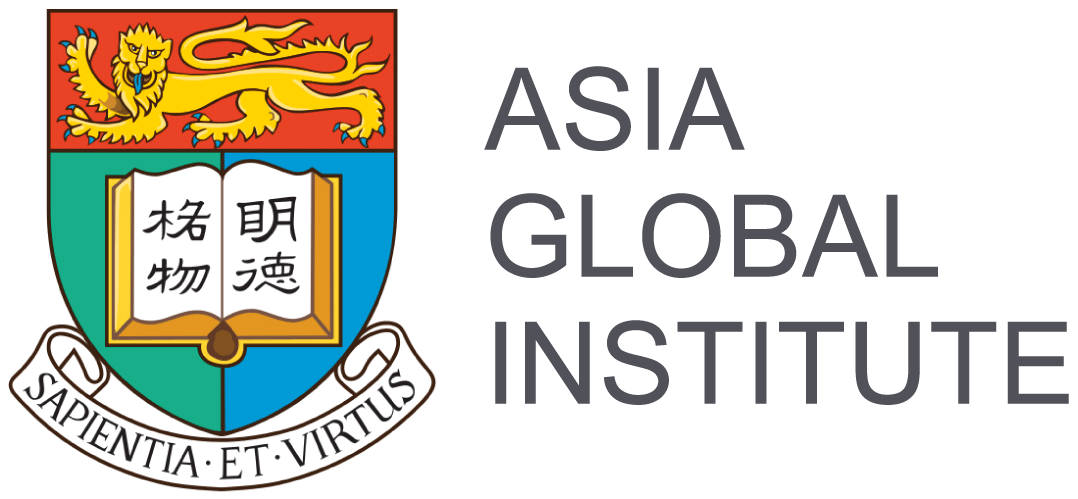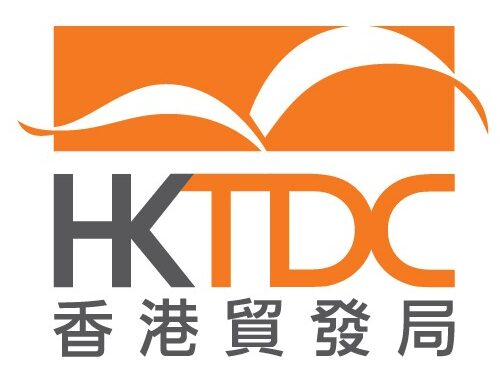IP COMMERCIALISATION: A BOOST FOR HONG KONG RE-INDUSTRIALISATION STRATEGY
This project is organised by Hong Kong Young Industrialists Council and funded by the Trade and Industrial Organisation Support Fund of the Trade and Industry Department, HKSAR Government.
Background
Commercialization of Intellectual Property (IP) involves exploitation of IP in the market in various forms, such as licensing, trading and financing, in return for profits and growth. IP commercialization is gaining increasing importance for the development of enterprises and society. In today’s global competition, innovation and technology are becoming the principal strategic focus of every country. For enterprises, intellectual property (IP) is the actual carrier of innovation and technology, thus IP is crucial for enterprises’ growth. Nowadays, IP is no longer just an indication of a registered enterprise right; it has already become one of the most valuable assets for enterprises — the commercialization of IP can add significant value through the whole development process of enterprises and attract more of them to engage in innovation. In recent years, IP commercialization has achieved considerable progress.
Promoting IP commercialization is vital to Hong Kong’s economic evolution and putting forward new recommendation for Hong Kong IP commerce strategy is necessary. In Hong Kong innovation and technology are also indispensable tools to boost Hong Kong’s development and IP has attracted increasing attention. Under the National 14th five-year plan and the development of Greater Bay Area, Hong Kong now has a new and clear position of being a regional IP trading center, so it’s necessary to further improve the society’s awareness on IP, especially patent, provide some new recommendations for government and other stakeholders, and use IP to encourage innovation and drive the re-industrialization and the third economic evolution in Hong Kong.
IP commercialization has been widely promoted in some countries or some big cities as a useful tool for the region to encourage innovation and technology activities. For example, the US is one of the earliest countries to promote IP commercialization. In 2021, the total value of US exports of intellectual property use is $124.62 billion. Other than IP trading, IP financing is also increasingly popular. In April 2014, the IP Office of Singapore (IPOS) launched a substantial S$100 million ‘IP Financing Scheme’ designed to support local SMEs to use their IP as security for bank loans. Shanghai is also successful in promoting IP financing, especially IP pledge and IP loan. Up to February 2022, 19 banks in Shanghai have carried out financing business of patent and trademark pledge. In 2021 alone, the value sum of IP pledge registration in Shanghai amounts to nearly RMB 8 billion; and there are about 200 IP pledge transactions registered.
The changing economic and political environment has created new opportunities for Hong Kong to promote IP commercialization. With the development of Chinese economy in recent years, the number of patent applications in mainland China ballooned and has exceeded that in the US in 2011. In 2021, about 1.5 million patents were filed in China, nearly three times the number in US, the second highest country. On the other hand, the China 14th Five-Year Plan adopted in 2021 has given Hong Kong four new positions (one pivot, three centers), one of which was to place Hong Kong as a regional IP trading centre. Despite increasing economic level and active IP market, China’s experience of handling international transactions still lags behind. Hong Kong’s advantage in international professional services can play an important role between mainland China and international IP market. Against this background, it is important to leverage the economic situation, the trend and the national policy to bring Hong Kong’s superiority into full play and the city into a regional IP trading centre.
Hong Kong has the perfect recipe to be successful as a regional IP trading hub. Hong Kong is an international financial Center, an international professional service hub and an international center for technology and innovation. With all the supporting facilities and industries, Hong Kong is ready to realize its full potential. This project will help Hong Kong to take off to become a world-class IP trading hub, strengthen its position as international centre for innovation and technology as well as support Hong Kong re-industrialization initiative.
Objectives
- To outline the latest development of IP commercialization in Hong Kong’s industrial sector and various challenges faced by the industry when commercializing their IP assets, in particular patents;
- To evaluate other regions’ experience in promoting IP commercialization so as to suggest respective strategies that Hong Kong manufacturers, professionals engaged in IP-related business and policymakers could adopt;
- To enhance the industry’s awareness of the significance of IP commercialization to foster innovation and re-industrialization in Hong Kong.
Steering Committee
Mr. Paul Tai, Ex-officio Advisor, Hong Kong Young Industrialists Council
Mr. Geoffrey Edward Kao, President, Hong Kong Young Industrialists Council
Mr. Eugene Chan, Executive Vice President, Hong Kong Young Industrialists Council
Mr. Wayne Yu, Executive Committee Member, Hong Kong Young Industrialists Council
Prof. Heiwai Tang, Director, Asia Global Institute, University of Hong Kong
Mr. Nicholas Hiu Fung Chan, Partner, Squire Patton Boggs
Mr. Jason Chiu, Chairman, Hong Kong Startup Council
Mr. Charleston Sin, Executive Director, MIT Hong Kong Innovation Node
Organiser:

Implementation agent:

Collaborating organisations:



Funded by Trade and Industrial Organisation Support Fund,
Trade and Industry Department

DISCLAIMER
Any opinions, findings, conclusions or recommendations expressed in this material/event (or by members of the project team) do not reflect the views of the Government of the Hong Kong Special Administrative Region or the Vetting Committee of the Trade and Industrial Organisation Support Fund
